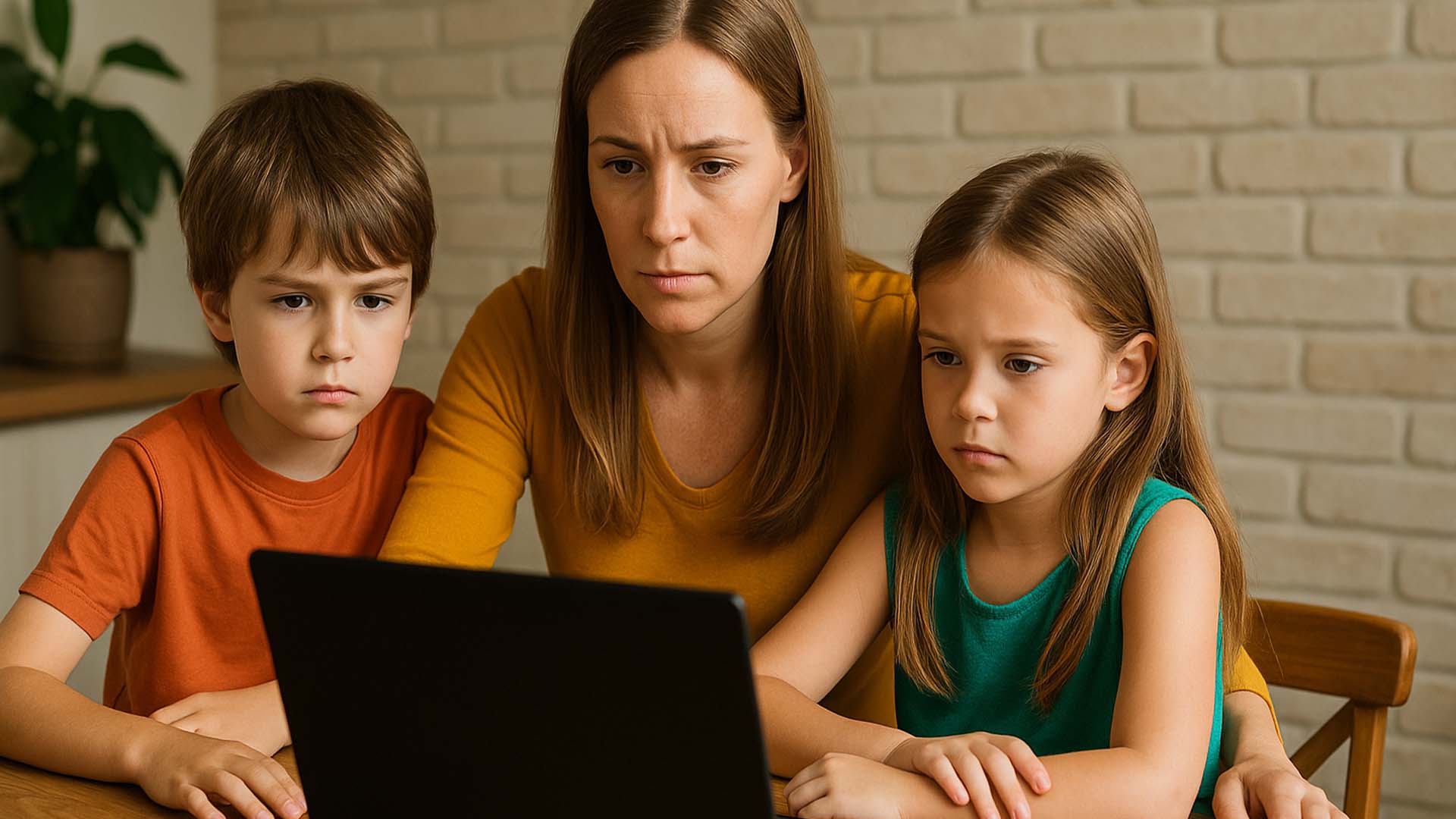In today’s digital age, children are growing up surrounded by technology. From online games to educational apps, the internet offers a world of opportunities. However, it also presents challenges, especially concerning safety. Teaching children about online safety is crucial to ensure they can explore the digital world confidently and securely. This article will provide essential tips for kids and parents on how to stay safe online.
Why Online Safety Matters
The internet is a vast place, and while it offers many benefits, it also has potential risks. These risks can include cyberbullying, exposure to inappropriate content, and privacy concerns. By understanding and practicing online safety, children can avoid these dangers and have a positive digital experience. Parents play a vital role in guiding their children and creating a safe online environment.
Essential Online Safety Rules for Kids
It’s important for children to learn and follow some basic rules when they are online. These rules help them make smart choices and protect themselves from potential harm.
Rule 1: Never Share Personal Information
Never give out personal information like your full name, address, phone number, school name, or photos without asking a parent first [1]. This information can be used by strangers in ways you don’t want. Think of the internet as a public place; you wouldn’t shout your address in a crowded park, so don’t share it online.
Rule 2: Guard Your Passwords
Your passwords are like the keys to your digital home. Keep them secret and don’t share them with anyone, not even your best friends [2]. Use strong passwords that are a mix of letters, numbers, and symbols. If you think someone knows your password, tell a parent immediately.
Rule 3: Think Before You Click or Share
Before you click on a link or share something online, stop and think. Is it from a trusted source? Could it be a trick? Once something is online, it can be very difficult to remove [3]. This applies to photos, videos, and comments. Always ask yourself: “Would I be okay with everyone seeing this?”
Rule 4: Be Kind Online
Just like in real life, it’s important to be kind and respectful online. Cyberbullying is a serious issue, and it’s never okay to be mean to others or to participate in bullying [4]. If you see someone being bullied, or if you are being bullied, tell a trusted adult right away. Remember the golden rule: treat others as you want to be treated.
Rule 5: Tell a Trusted Adult
If anything online makes you feel uncomfortable, scared, or confused, tell a parent, teacher, or another trusted adult immediately [5]. They can help you understand what’s happening and take appropriate action. It’s never your fault if someone tries to make you feel bad online.
Tips for Parents: Creating a Safe Digital Environment
Parents are the first line of defense in ensuring their children’s online safety. Here are some ways parents can help:
Open Communication
Talk to your children regularly about their online activities [6]. Create an open and trusting environment where they feel comfortable sharing their experiences, both good and bad. Discuss the potential risks and how to handle them.
Set Clear Rules and Boundaries
Establish clear rules for internet use, including screen time limits, acceptable websites, and what information can and cannot be shared. Use parental control tools and privacy settings on devices and apps to help enforce these rules [7].
Co-View and Explore Together
Whenever possible, explore the internet with your children. Co-viewing allows you to see what they are doing online, guide them to appropriate content, and teach them good digital habits firsthand [8].
Stay Informed
The digital world is constantly evolving. Stay informed about new apps, games, and social media platforms that your children might be using [9]. Understanding these platforms will help you better guide and protect them.
Q&A
Q1: What should I do if someone asks for my personal information online?
A1: You should never give out personal information like your full name, address, or phone number to anyone online without your parent’s permission. If someone asks for it, tell a trusted adult immediately.
Q2: How can I create a strong password?
A2: A strong password is usually long and includes a mix of uppercase and lowercase letters, numbers, and symbols. Don’t use easily guessable information like your birthday or name.
Q3: What is cyberbullying and what should I do if it happens to me?
A3: Cyberbullying is when someone is mean to you online, like sending hurtful messages or spreading rumors. If you are cyberbullied, do not respond. Instead, save the evidence (like screenshots) and tell a trusted adult right away.
Q4: Is it okay to meet someone in person that I only know online?
A4: No, it is never safe to meet someone in person that you only know online. People online might not be who they say they are. Always tell a parent if someone asks to meet you.
Q5: Where can I find more information about online safety?
A5: You can find more information from reputable organizations like NetSmartzKids.org [10], Be Internet Awesome [11], and Family Online Safety Institute (FOSI) [12]. Your parents can also help you find reliable resources.
Sources
[1] Washington Trust. 8 Internet Safety Rules for Kids. Available at: https://www.washtrust.com/blog/8-internet-safety-rules-for-kids
[2] Nemours KidsHealth. Online Safety (for Kids). Available at: https://kidshealth.org/en/kids/online-id.html
[3] Create & Learn. 10 Internet Safety Tips for Kids. Available at: https://www.create-learn.us/blog/internet-safety-tips-for-kids/
[4] Childline. Taking control of your online safety. Available at: https://www.childline.org.uk/info-advice/bullying-abuse-safety/online-mobile-safety/staying-safe-online/
[5] The Annie E. Casey Foundation. Internet Safety for Kids. Available at: https://www.aecf.org/blog/internet-safety-for-kids
[6] Department of Veterans Affairs. Instructing Your Kids About Online Safety. Available at: https://department.va.gov/privacy/fact-sheet/instructing-your-kids-about-online-safety/
[7] Common Sense Media. Teaching Kids to Protect Their Data and Privacy Online. Available at: https://www.commonsensemedia.org/articles/teaching-kids-to-protect-their-data-and-privacy-online
[8] NYPL. Internet Safety Tips for Children and Teens. Available at: https://www.nypl.org/help/about-nypl/legal-notices/internet-safety-tips
[9] Family Online Safety Institute. Home. Available at: https://fosi.org/
[10] MissingKids.org. NetSmartz Home. Available at: https://www.missingkids.org/netsmartz/home
[11] Google. Be Internet Awesome. Available at: https://beinternetawesome.withgoogle.com/
[12] Family Online Safety Institute. Home. Available at: https://fosi.org/








0 Comments